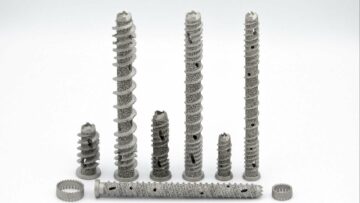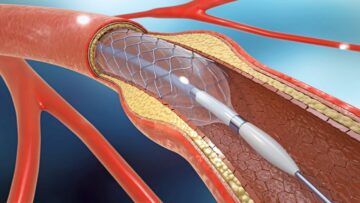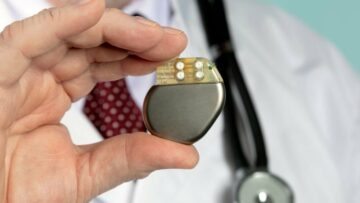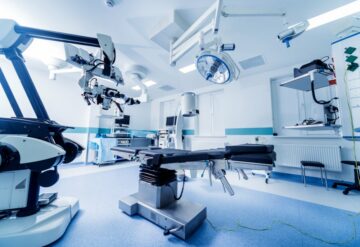<!–
–>
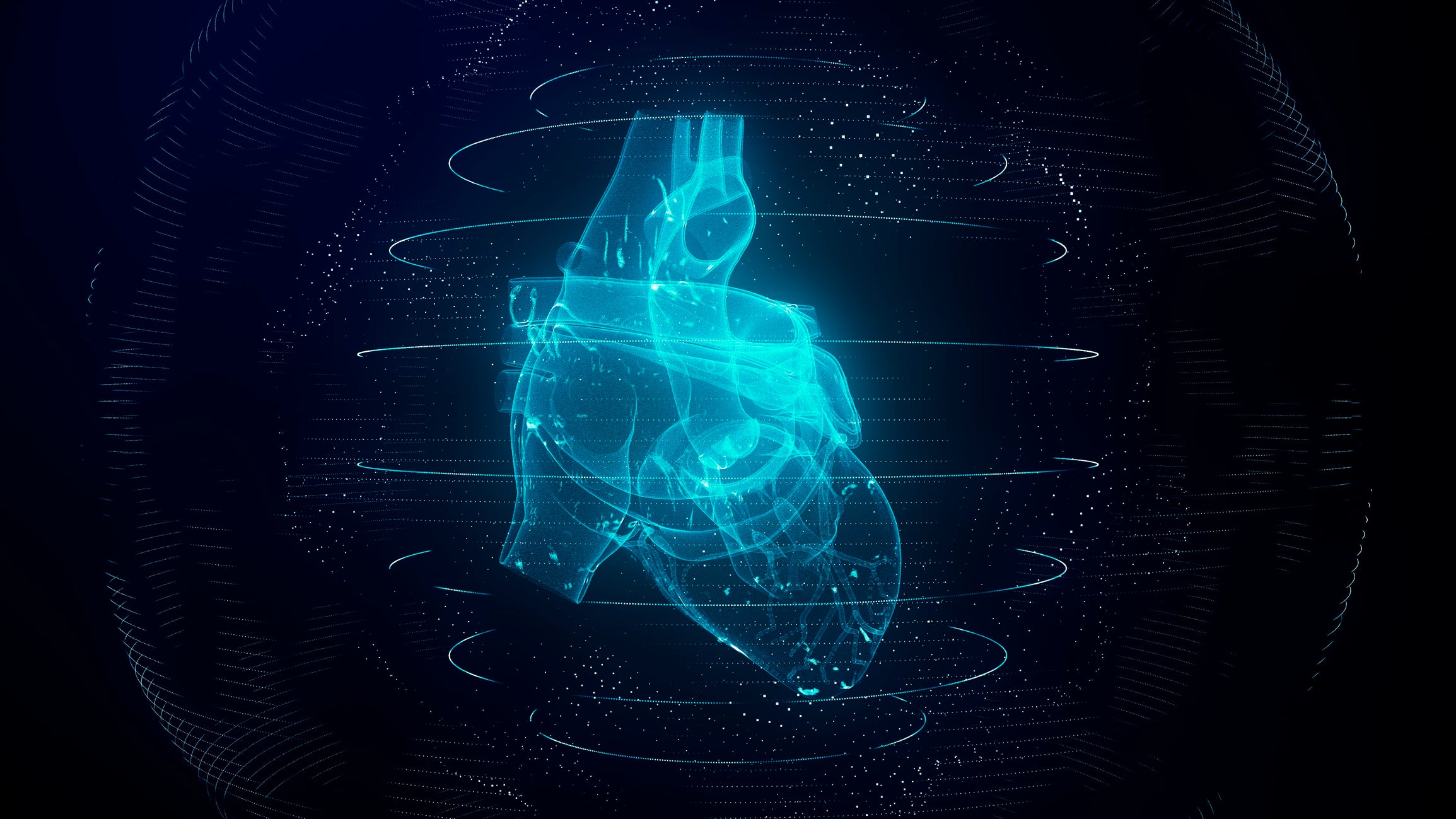
GE HealthCare is tackling throughput limitations around cardiac magnetic resonsnance imaging (MRI) testing with its new deep learning-based product Sonic DL. The technology can scan up to 12 times faster than current approaches meaning lengthy exam times often associated with cardiac MRIs may be reduced.
Though cardiovascular MRI is the gold standard for evaluating cardiac function, current limitations in acquisition speed mean that its global adoption is relatively low. Currently, patients are required to hold multiple breaths because several heartbeats are needed for MRI machines to gather complete imaging.
GE HealthCare says it is addressing the time-consuming nature of cardiac MRI exams and image quality issues with the launch of its new technology. Sonic DL, which received clearance from the US Food and Drug Administration (FDA) in September 2022, aligns imaging and time and physiological time – being able to capture images within a single heartbeat. Not only does this streamline the imaging process, but it also allows patients who have difficulty holding their breath (which accompanies some heart conditions) to have more successful imaging exams. GEHealthCare says the technology can reduce scan times by up to 83%.
The launch complements a recent nod from the FDA for GEHealthCare’s Precision DL – a deep learning software that enhances image quality in PET/CT scans.
“By capturing images within a single heartbeat, this cutting-edge technology addresses the unique needs of patients who face challenges in breath-holding, suffer from advanced heart failure, or have arrhythmias…it ensures a smoother and more comfortable experience for patients during MRI exams,” said Dr. Gianluca Pontone, director of perioperative cardiology and cardiovascular imaging department at the Centro Cardiologico Monzino in Milan, Italy.
“Sonic DL’s ability to significantly reduce scan times mitigates the occurrence of motion artifacts that can compromise image quality, paving the way for more accurate and reliable diagnoses.”
Based on a market model by GobalData, GEHealthCare is estimated to occupy a 25% share of the global MRI market. By 2030, the market is forecast to be worth over $9bn.
<!– GPT AdSlot 3 for Ad unit 'Verdict/Verdict_In_Article' ### Size: [[670,220]] —
!– End AdSlot 3 –>
- SEO Powered Content & PR Distribution. Get Amplified Today.
- PlatoAiStream. Web3 Data Intelligence. Knowledge Amplified. Access Here.
- Minting the Future w Adryenn Ashley. Access Here.
- Buy and Sell Shares in PRE-IPO Companies with PREIPO®. Access Here.
- Source: https://www.medicaldevice-network.com/news/ge-healthcare-launches-new-technology-that-cuts-mri-heart-scans-by-up-to-83/
- :is
- :not
- $UP
- 12
- 2022
- 2030
- 220
- a
- ability
- Able
- accurate
- acquisition
- Ad
- addresses
- addressing
- administration
- Adoption
- advanced
- Aligns
- allows
- also
- and
- approaches
- ARE
- around
- associated
- At
- BE
- because
- being
- Breath
- but
- by
- CAN
- capture
- Capturing
- challenges
- comfortable
- complete
- compromise
- conditions
- credit
- Current
- Currently
- cuts
- cutting-edge
- deep
- deep learning
- Department
- Difficulty
- Director
- does
- drug
- during
- end
- Enhances
- ensures
- estimated
- Ether (ETH)
- evaluating
- exam
- experience
- Face
- Failure
- faster
- fda
- food
- Food and Drug Administration
- Food and Drug Administration (FDA)
- For
- Forecast
- from
- gather
- ge
- GE Healthcare
- Global
- GlobalData
- Have
- healthcare
- Heart
- Heart Failure
- hold
- holding
- HTTPS
- image
- images
- Imaging
- in
- issues
- IT
- Italy
- ITS
- jpg
- launch
- launches
- learning
- limitations
- Low
- Machines
- Market
- May..
- mean
- meaning
- MILAN
- model
- more
- motion
- MRI
- multiple
- Nature
- needed
- needs
- New
- NIH
- of
- often
- on
- only
- or
- over
- patients
- Paving
- plato
- Plato Data Intelligence
- PlatoData
- Precision
- process
- Product
- quality
- received
- reduce
- Reduced
- relatively
- reliable
- required
- Said
- says
- scan
- Science
- September
- several
- Share
- significantly
- single
- Size
- smoother
- Software
- some
- speed
- standard
- streamline
- successful
- Technology
- Testing
- than
- that
- The
- their
- this
- throughput
- time
- time-consuming
- times
- to
- unique
- unit
- us
- Way..
- which
- WHO
- with
- within
- worth
- zephyrnet


